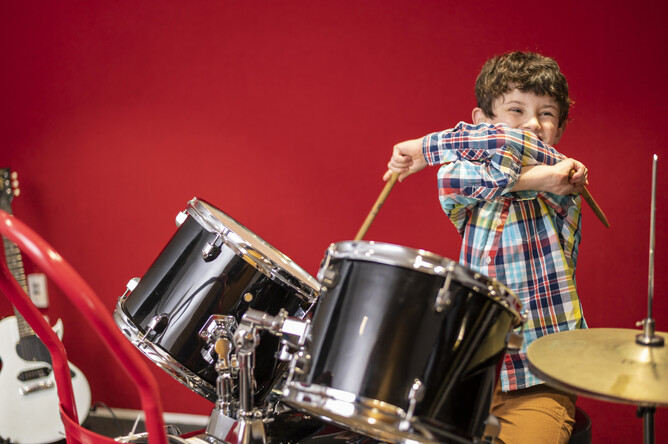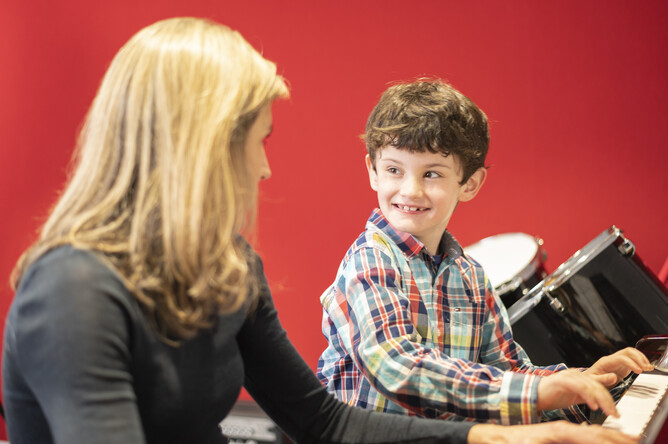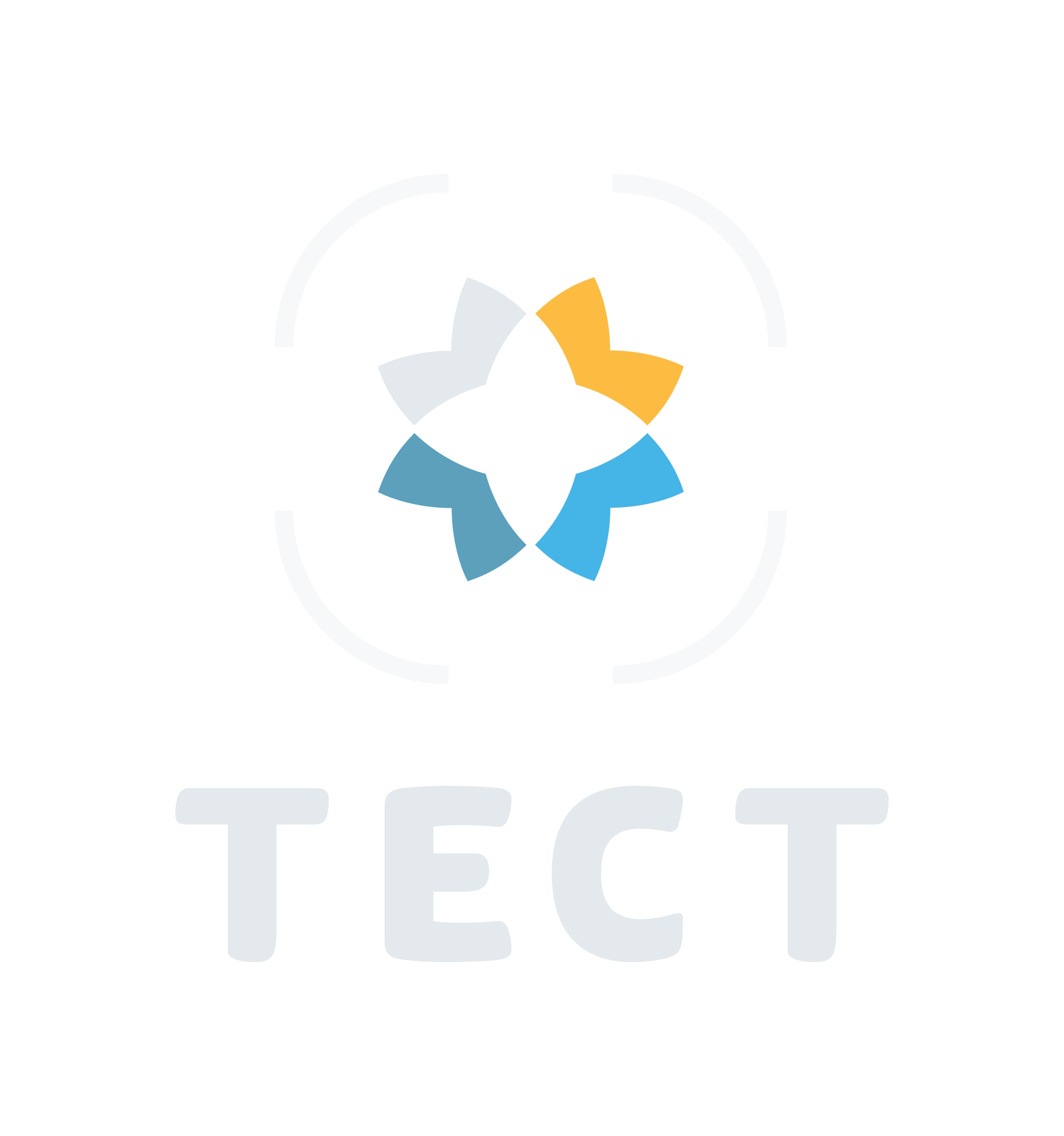Nate grinning as he plays the drum at the Auckland Centre.
Famously known for singing the New Zealand national anthem at Twickenham Stadium in Te Reo Māori, Dame Hinewehi Mohi calls herself an accidental activist. Despite changing the course of our national anthem to now include Te Reo Māori and English versions, her time in the United Kingdom also exposed how music could lead to intentional change in her daughter's life.
Hineraukatauri has cerebral palsy, a congenital disorder of movement, muscle tone or posture. Hineraukatauri attended the Nordoff Robbins Music Therapy in London and saw amazing responses, which led to her making physical movements that previously were said could never happen.
Music therapy is the planned use of music to assist in the healing and growth of people with physical, cognitive and wellbeing challenges.
Upon returning to Aotearoa, Dame Hinewehi Mohi set up the Raukatauri Music Therapy Trust in honour of her daughter. Almost 20 years later, the charity has reached the Bay of Plenty region and works with over 100 individuals weekly.
Initially founded in 2004 in Auckland, the Trust aimed to work with children with developmental disabilities. Today, the Trust works with children and adults throughout their lifespan.
Raukatauri Music Therapy Trust General Manager Rachel Farrell says that music therapy is available worldwide but limited in Aotearoa.
“Overseas, you’ll see multiple Musical Therapists in hospitals, hospices, schools and private centres; however, before Raukatauri Music Therapy Trust was set up, these specialists were only available via private practices in Aotearoa’s main centres and in limited numbers.”
Music therapy allows each client to be celebrated for participating, with a strengths-based focus approach.
Often, clients are used to focusing on their negatives and what they can’t do to get government funding, which can be hard on individuals and families. Raukatauri Music Therapy Trust allows them to focus on what they can do, the achievements they reach and their abilities.
Each client's sessions are individualised to them and their goals. This allows the weekly one-on-one sessions to meet their needs and develop what they can do.
“Goals for clients range from improving motor, social, or behaviour skills to a client’s mental health.”
“With weekly sessions, our clients can see improvements through better communication and have a chance to share their personality. It is special to see people come out overjoyed with the progress,” says Farrell.
TECT funded Raukatauri Music Therapy Trust $10,000 last year. TECT Trustee Rachael Gemming says having this service available in the Western Bay now allows clients to attend regular sessions near their homes at a subsidised rate, which has never been available in our region.
“Clients often aren’t aware that they’re being regulated and doing therapy.”
“They’re simply having fun, and the therapy work goes unnoticed until they see the impacts and are filled with joy,” says Gemming, “This form of therapy can give people their life back or show capabilities never seen before.”
Raukatauri Music Therapy Trust is the only provider of music therapy in the Bay of Plenty and reached capacity four months after arriving in the region last year due to the high need for this service. The Trust has since employed a second Music Therapist, allowing more clients to experience the benefits of music therapy in the Bay of Plenty.
Raukatauri Music Therapy Trust is also available in Northland, Auckland, and Hawke’s Bay.
Jen and Nate from the Auckland Centre.





